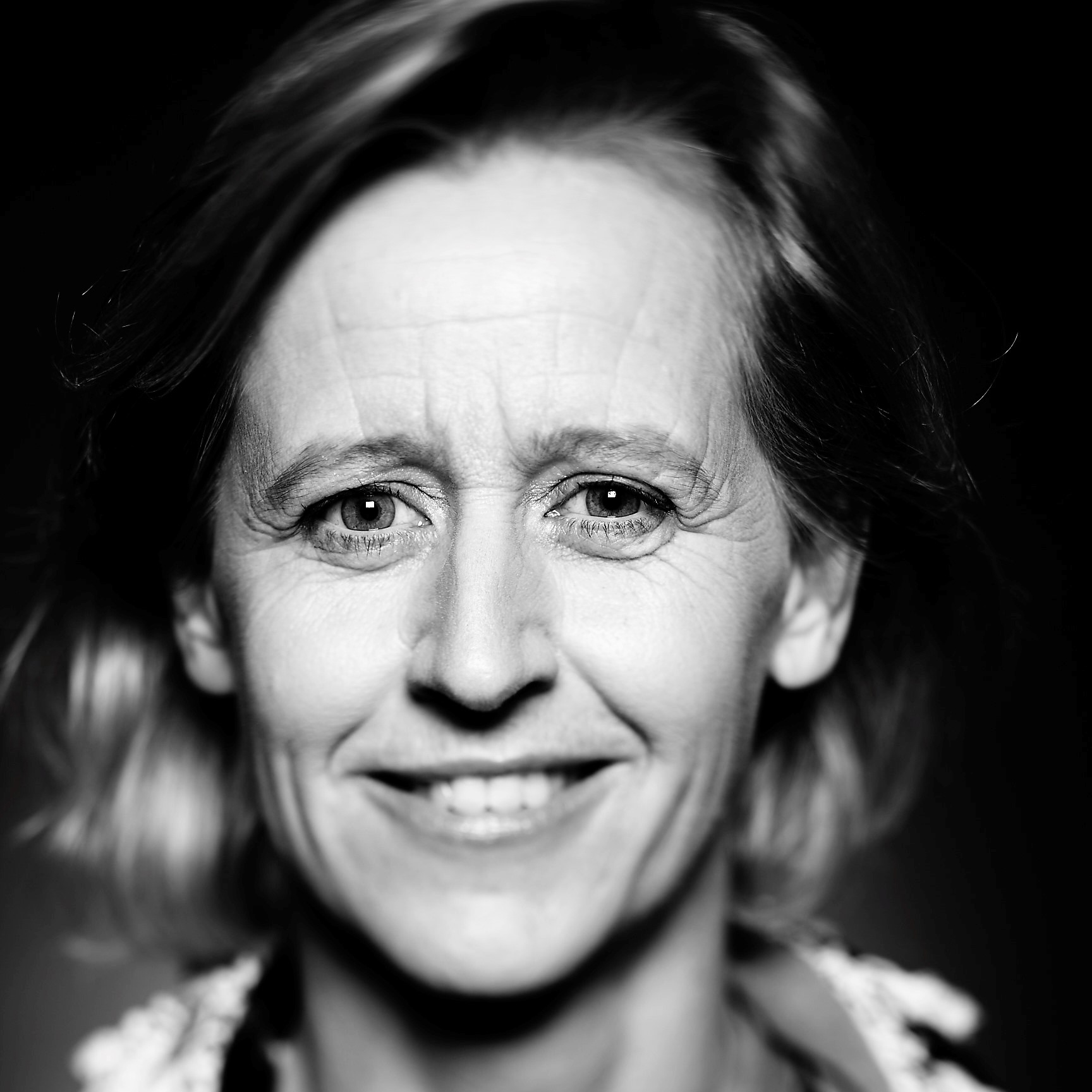 \
&
Contact us
\
&
Contact us
 \
&
Contact us
\
&
Contact us
The Clean Steel Partnership (CSP) is aligned with the EU’s goal and policies to achieve climate neutrality by 2050 – the European Green Deal, the Clean Planet for All strategy and the Paris Agreement. It will thus contribute to fighting climate change and moving towards climate neutrality by 2050.
CSP will develop lean CO2 technologies, and test these at large scales until 2030. These technologies are required to reduce CO2 from EU steel production by 80-95% compared to 1990 levels, ultimately leading to climate neutrality.
CSP will ensure a coordinated, sustainable approach across stakeholders, technologies, production routes and countries.
CSP nurtures the long-term vision of supporting the European leadership in the transformation of the steel industry into a climate neutral sector while preserving the competitiveness and viability of the EU steel industry making sure that EU
production will be able to meet the growing demand for steel products.
By 2027 it will implement at least 2 demonstration projects leading to a 50% reduction in CO2 emissions and achieve technology readines level 8 by 2030 in at least 12 areas funded by the partnership.
The EU Clean Steel Partnership (CSP) has started in June 2021 in the Frame of Horizon Europe in synergy with the Research Fund for Coal and Steel (RFCS). The public and private side agreed on a dedicated Memorandum of Understanding (MoU). The public side is represented by DG RTD and DG Grow while the private side is represented by ESTEP. The main decision body for CSP is the Partnershipboard.
Contact
Partners: ESTEP - sg@estep.eu
Partnerships group the EC and private and/or public partners, to coordinate and streamline the research & innovation initiatives and funding in some selected key domains.

Ria.debreucker@vlaio.be
The Project SeafoodTomorrow is a project that is approved within the call BG-08-2017: Innovative sustainable solutions for improving the safety and dietary properties of seafood.
The three-year SeafoodTomorrow project brings together 34 partners. From Flanders, ILVO takes part in the project.They are responsible for setting up two databases which are the central point of the project to gather all the project data from analysis and assessement. ILVO is also leader of the workpackage dealing with authenticity, traceability and labelling. ILVO is also involved a the workpackage about novel food preparation. And in the managerial part, ILVO is head of the IPC- Intellectual Property Comité.